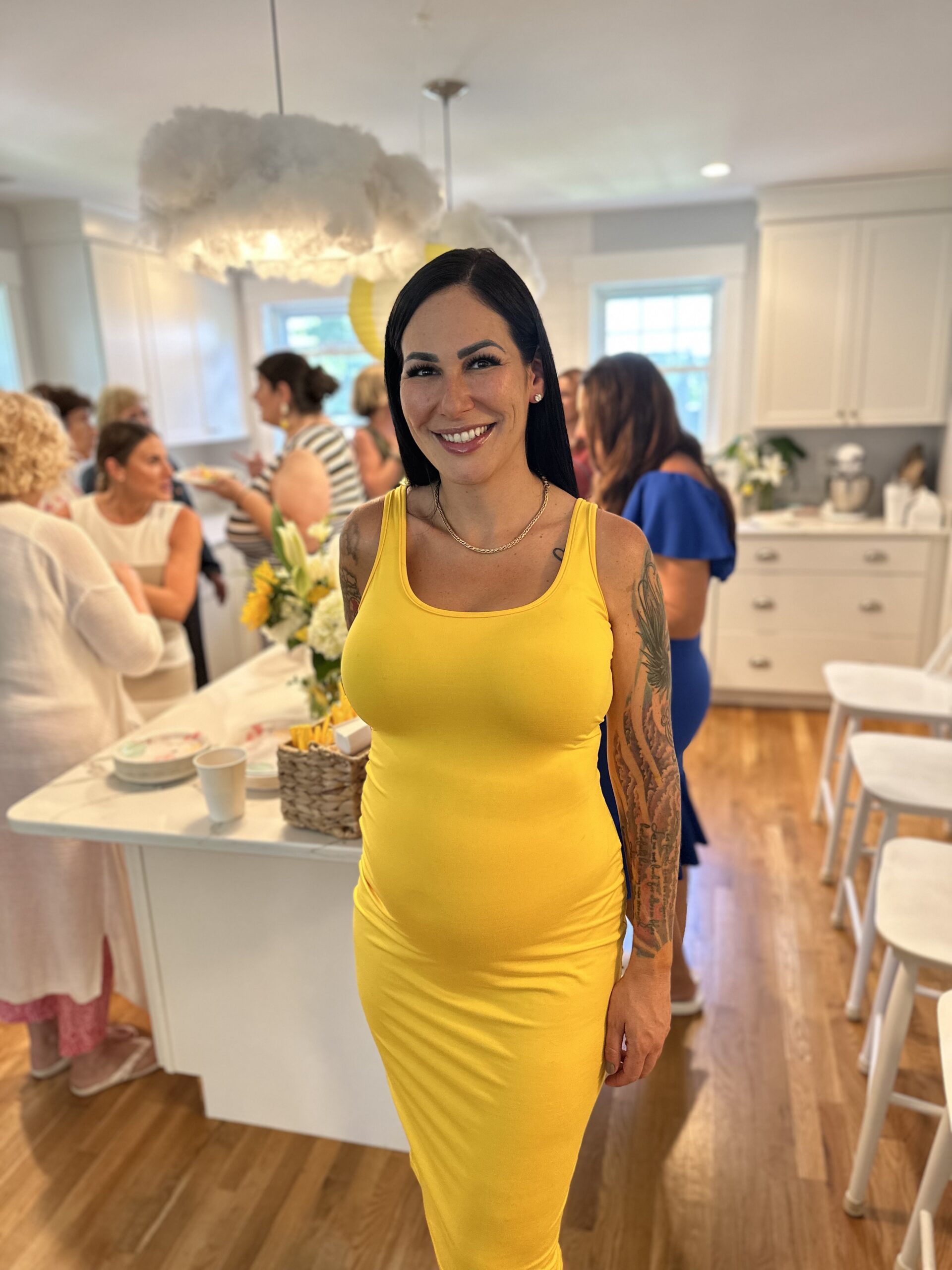I made a child! Now that I’ve shared with my friends, family, and folks that work with me, it’s time to contemplate, then share vulnerably with the world. I didn’t envision motherhood for myself for most of my life, and if I’m honest, I still have no clue what it’s going to look like emotionally. I work well. I friend and family well. Mothering? More to be revealed. It feels especially important to share this because I’ve met lots of folks and especially couples, with one ambivalent partner, who feel like something is flawed within them in regards to child bearing. Of course, whether or not to be a parent is a deeply personal decision, and some people are incredibly happy not walking the parenthood path. However, I’m under the impression that most people who end up raising children are 100% certain. Desire is a funny thing and 100% certainty is rarely available to us in any life decision. If you are on the fence, I encourage you to read this straightforward book, The Baby Decision: How to Make the Most Important Choice of Your Life, which I listened to via Audible, at the beginning of my fertility journey.
One of the reasons I did not want to have children is an incredibly common one– growing up with my fair share of traumas, I saw the world as a scary place. Why would anyone want to expose another vulnerable human being to all that is frightening in this world? For me, through my own growth work, including therapy, I came to realize that while the former is true, the world also has many beautiful lessons to offer. Connection, purpose, being of service to others, to name a few. I also believe that having a child post trauma, can offer it’s own form of healing. Of course, ideally, we do a bulk of the work before we become parents. It’s been remarkable though, to witness parents who, for example, grew up in extreme poverty, be able to take their children on vacation. Not only are their kids happy to have this experience, but the parent gets to, in a sense, engage the childlike part of their adult self. Fun! Laughter! Play! The most healing tools.
Once my clients do become parents, they often share that they want health and happiness most for their children. Health, of course. When we aren’t physically health, mental health work and life in general, is incredibly difficult. But, happiness? While I certainly believe everyone is entitled to their own value systems, I encourage folks to consider the importance of hoping for resilience for their children. Happiness is not a sustainable emotion– for adults, nor children. Much of my work as a clinician is based on the ideology of not judging the quality of one’s life based on their emotional state. Thoughts, emotions, come and go. Actions dictate much of our lived experience, at least the parts of life we can control.
I have empathy for the strong desire to want to protect your kids from sorrow and disappointment. I have no doubt that I’ll be part of this club too. However, how much better equipped are adults who know how to face adversity and move through hard times? Far better than those who engage in toxic positivity or bury any emotion that isn’t fun or joyful.
How can we build resilience in young children? The folks at Harvard’s Center on the Developing Child, suggest the following: “The single most common factor for children who develop resilience is at least one stable and committed relationship with a supportive parent, caregiver, or other adult.” After reading this article I remember a similar key point being made year one of my graduate program. Children with high Adverse Childhood Experience (ACEs) scores (https://www.cdc.gov/violenceprevention/aces/fastfact.html) are far less likely to experience profound impacts of poverty, sexual trauma, violence if they have access to even just one caring role model. Other factors that support resilience in both highly traumatized and less trauma exposed children are: teaching them to express their feelings, teaching self regulation when experiencing difficult emotions, and sharing stories of faith and hope. Ultimately, the best parenting tool, in terms of resilience and all around, seems to be modeling. It’s important to note that modeling doesn’t mean holding oneself to an unrealistic standard, but also modeling what it feels like to admit, “I messed up. Here’s how I’ll try to do better next time.”
Disclaimer: I’m not a parent yet and will highly likely break all the rules, often! Let’s all work on having ideals for ourselves as parents, and as people, but realizing we all fall short. Thanks for listening, always.

